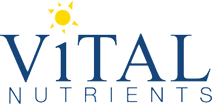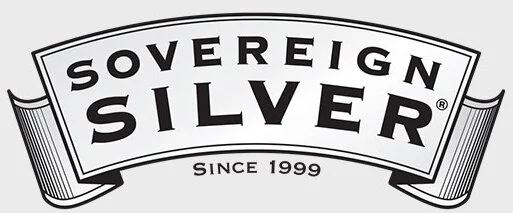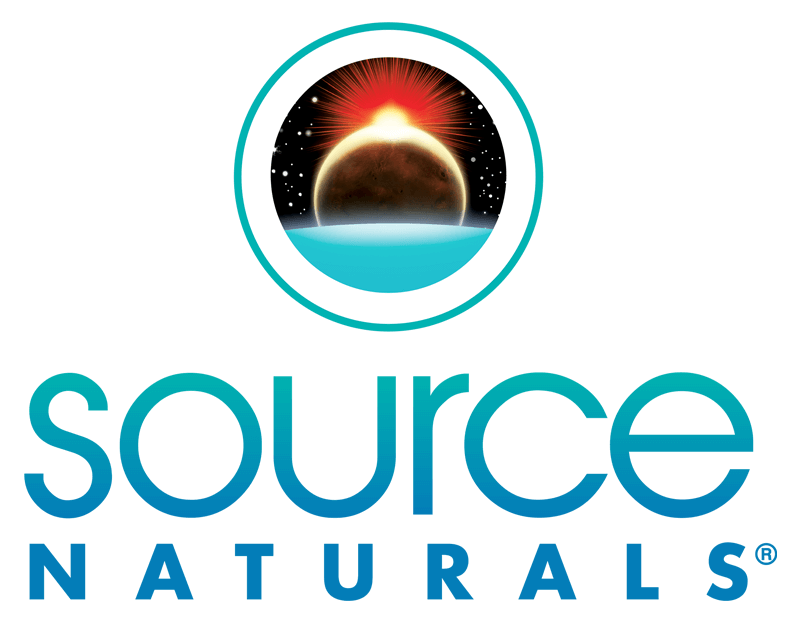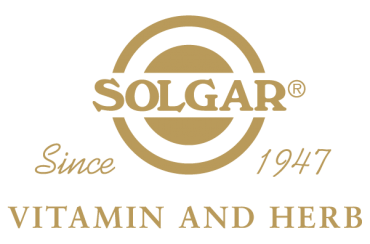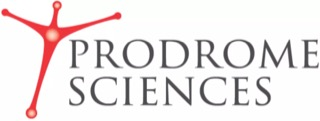Navigating Nutrient Absorption Challenges in Seniors
The Least Absorbable Vitamins
As individuals age, various physiological changes can impact nutrient absorption, leading to potential deficiencies and health concerns. The ability to absorb vitamins can be influenced by factors such as digestive system changes, medication interactions, and overall health status. In this exploration, we delve into the least absorbable vitamins for seniors, understanding the challenges they may face and considering strategies to optimize nutrient intake.
Vitamin B12:
Challenges in Absorption:
- Intrinsic Factor Decline: Vitamin B12 absorption requires intrinsic factor, a protein produced in the stomach. Aging can lead to decreased intrinsic factor production, impairing B12 absorption.
- Medication Interactions: Certain medications, such as proton pump inhibitors (PPIs) and metformin, commonly used by seniors, can interfere with B12 absorption.
Strategies for Optimization:
- Supplementation: Vitamin B12 supplements, including sublingual forms, can be effective for bypassing absorption challenges.
- Intramuscular Injections: In severe cases of deficiency, healthcare providers may recommend B12 injections for direct absorption.
Vitamin D:
Challenges in Absorption:
- Reduced Skin Synthesis: Vitamin D can be synthesized in the skin through exposure to sunlight. However, aging skin may produce less vitamin D.
- Decreased Dietary Intake: Seniors may have reduced dietary intake of vitamin D-rich foods, contributing to potential deficiencies.
Strategies for Optimization:
- Sunlight Exposure: Encouraging safe sun exposure, when possible, aids natural vitamin D synthesis.
- Supplementation: Vitamin D supplements are widely recommended for seniors, especially those with limited sun exposure.
Calcium:
Challenges in Absorption:
- Decreased Stomach Acid: Aging often results in reduced stomach acid production, impacting the absorption of minerals like calcium.
- Competing Nutrients: High intake of certain minerals, such as iron and zinc, can compete with calcium absorption.
Strategies for Optimization:
- Calcium-Rich Diet: Prioritizing calcium-rich foods, such as dairy products, leafy greens, and fortified foods, supports dietary intake.
- Supplementation: Calcium supplements, preferably in divided doses, can compensate for dietary gaps.
Iron:
Challenges in Absorption:
- Reduced Stomach Acid: Similar to calcium, iron absorption is influenced by stomach acid levels, which may decline with age.
- Medication Effects: Medications like proton pump inhibitors (PPIs) and antacids can impair iron absorption.
Strategies for Optimization:
- Iron-Rich Diet: Consuming iron-rich foods, including lean meats, beans, and fortified cereals, contributes to dietary intake.
- Supplementation: Iron supplements may be recommended in cases of deficiency, but healthcare guidance is crucial to prevent excess iron accumulation.
Magnesium:
Challenges in Absorption:
- Gastrointestinal Issues: Seniors may experience gastrointestinal issues that impact magnesium absorption, such as inflammation or malabsorption disorders.
- Medication Interactions: Certain medications, like diuretics, may increase magnesium excretion, leading to lower absorption.
Strategies for Optimization:
- Dietary Sources: Including magnesium-rich foods like nuts, seeds, whole grains, and leafy greens supports nutritional intake.
- Supplementation: Magnesium supplements may be considered under healthcare guidance, especially in cases of identified deficiency.
Zinc:
Challenges in Absorption:
- Reduced Stomach Acid: Like other minerals, zinc absorption can be influenced by declining stomach acid in the aging process.
- Phytate Interference: Phytates in plant-based foods can bind to zinc, limiting its absorption.
Strategies for Optimization:
- Diverse Diet: Consuming a diverse diet that includes animal products, legumes, and whole grains helps obtain zinc from various sources.
- Supplementation: In cases of deficiency, healthcare professionals may recommend zinc supplements.
Folate (Vitamin B9):
Challenges in Absorption:
- Medication Effects: Certain medications, including anticonvulsants and some diuretics, may interfere with folate absorption.
- Reduced Stomach Acid: Age-related decline in stomach acid can impact the absorption of folate from food.
Strategies for Optimization:
- Dietary Sources: Consuming folate-rich foods like leafy greens, legumes, and fortified grains supports nutritional needs.
- Supplementation: Folate supplements or the synthetic form, folic acid, may be recommended in specific cases.
Vitamin K:
Challenges in Absorption:
- Fat Malabsorption: Aging can be associated with reduced bile production, affecting the absorption of fat-soluble vitamins like vitamin K.
- Anticoagulant Medications: Certain medications, like warfarin, can interfere with vitamin K function.
Strategies for Optimization:
- Green Leafy Vegetables: Vitamin K is abundant in green leafy vegetables like kale, spinach, and broccoli.
- Supplementation: In some cases, vitamin K supplements may be recommended, especially for individuals on anticoagulant medications.
Optimizing Nutrient Absorption in Seniors:
- Balanced Diet:
- Encouraging a well-balanced diet rich in a variety of nutrients supports overall health and nutritional status.
- Supplementation Under Guidance:
- While supplements can address specific deficiencies, they should be taken under the guidance of healthcare professionals to avoid excesses.
- Regular Monitoring:
- Regular health check-ups and nutrient level assessments aid in identifying deficiencies early and tailoring interventions accordingly.
- Consideration of Medication Interactions:
- Awareness of medication effects on nutrient absorption helps healthcare providers make informed decisions about supplementation.
- Individualized Approach:
- Recognizing that nutrient needs vary among individuals, an individualized approach to nutrition is crucial for optimizing absorption.
- Lifestyle Factors:
- Maintaining a healthy lifestyle, including regular physical activity and adequate hydration, supports overall well-being and nutrient absorption.
- Dietary Strategies:
- Implementing dietary strategies, such as soaking, fermenting, or cooking certain foods, can enhance nutrient bioavailability.
Conclusion:
Understanding the challenges associated with the least absorbable vitamins for seniors is vital for promoting optimal health and well-being. While aging brings physiological changes that can impact nutrient absorption, strategic dietary choices, supplementation under professional guidance, and lifestyle adjustments can play a crucial role in addressing nutritional needs. A holistic approach that considers individual health status, medication interactions, and dietary preferences is key to supporting seniors in maintaining a nutritious and balanced diet throughout the aging process.
We hope you found the information provided by Thera-Mineral valuable and insightful. At Thera-Mineral, we are dedicated to offering high-quality supplements to support your health and well-being.
If you have any further questions, need additional information, or would like to explore our range of supplements, please don’t hesitate to reach out. You can contact us at our office located at 25216 Grogan’s Park Dr. Suite A, The Woodlands, TX 77380. Our friendly team is ready to assist you by phone at 855-472-2569 or via email at support@theramineral.com.
For your convenience, most supplements are available on our website, theramineral.com. However, if you don’t find a specific product on the site, our dedicated staff can help you place an order, and we’ll ensure it’s delivered to your place of choice.
We appreciate your trust in Thera-Mineral, and we look forward to being a reliable partner on your journey to optimal health. Thank you again for being part of our community!













